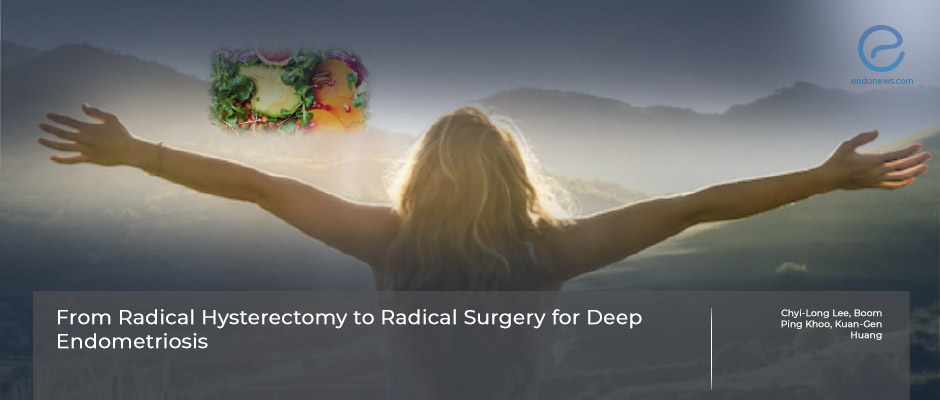Endometriosis diet and the quality of life
May 19, 2023
Strict adherence to the endometriosis diet may improve the quality of life in women with endometriosis.
Key Points
Highlights:
- Alternative therapeutic options other than medical and surgical methods may improve endometriosis-associated pain that negatively affects the quality of life.
Importance:
- The alternative diet may increase the quality of life of endometriosis patients.
What’s done here?
- This cross-sectional study was conducted on women with self-reported endometriosis.
- The quality of life of participants who strictly adhered to the endometriosis diet and those who did not were compared.
- The effect of strict or less strict adherence to the endometriosis diet, the influence of time since endometriosis diagnosis, and reasons to discontinue were also examined.
- Participants self-rated their adherence to the endometriosis diet from 0 (no strict adherence at all) to 10 (very strict adherence), and “8” was the cut-off value.
- Avoidance of nutrients such as red meat, gluten, lactose, sugars, and nutrients high in estrogen was the "endometriosis diet".
Key results:
- A total of 211 women were included in the study: 90 in the “endometriosis diet” group, and 121 in the “no endometriosis diet” group (included 27 once-adhered).
- Significant higher scores on all quality of life domains were detected in the participants who applied the endometriosis diet.
- In addition, women currently adhering to the endometriosis diet had significantly higher scores regarding quality of life scores.
- However, there was no significant difference between women who once adhered to the diet and women that had never adhered.
- Recently-diagnosed patients were more adherent to the diet than those diagnosed with endometriosis for more than 10 years.
- Being unfamiliar with the diet, its complexity, and no positive results with the diet were proposed as the reasons for non-adherence.
Strengths and Limitations
- Reliable results based on a large sample size and the recruitment strategy could be accepted as the strengths of the study.
- The inability to explain the cause-effect relationship, non-assessment of other possible confounders influencing the quality of life, self-reporting of endometriosis, lack of standardization of diet, and no detailed follow-up questions were the limitations.
Lay Summary
Women with endometriosis suffer mainly from pelvic pain which results in a negative effect on the quality of life. Although several treatment options have been proposed, some endometriosis patients still have poor quality of life due to pelvic pain.
Upon this, research has begun to evaluate the benefits of the gluten- and sugar-free endometriosis diet. van Haaps and colleagues from the Netherlands published a study entitled “A better quality of life could be achieved by applying the endometriosis diet: a cross-sectional study in Dutch endometriosis patients” in the journal Reproductive BioMedicine Online.
The authors aimed to evaluate the effect of adherence to the endometriosis diet on the quality of life in women with endometriosis. They compared the participants who strictly adhered to the endometriosis diet and those who did not, in terms of quality of life.
Significant higher scores on all quality of life domains were detected in the participants who strictly applied the endometriosis diet. However, no significant difference was detected between women who "once adhered" to the diet and women that had never adhered to the diet. Women adhering strictly to the diet based on the cut-off value of 8 had significantly higher scores in all six domains of their quality of life.
“More research is needed to clarify the mechanism of this beneficial effect and to identify facilitators and barriers to dietary adjustments in patients with endometriosis.” the authors added.
The study is published in Reproductive Biomedicine Online.
Research Source: https://pubmed.ncbi.nlm.nih.gov/36702643/
endometriosis quality of life gluten-free diet sugar-free diet

